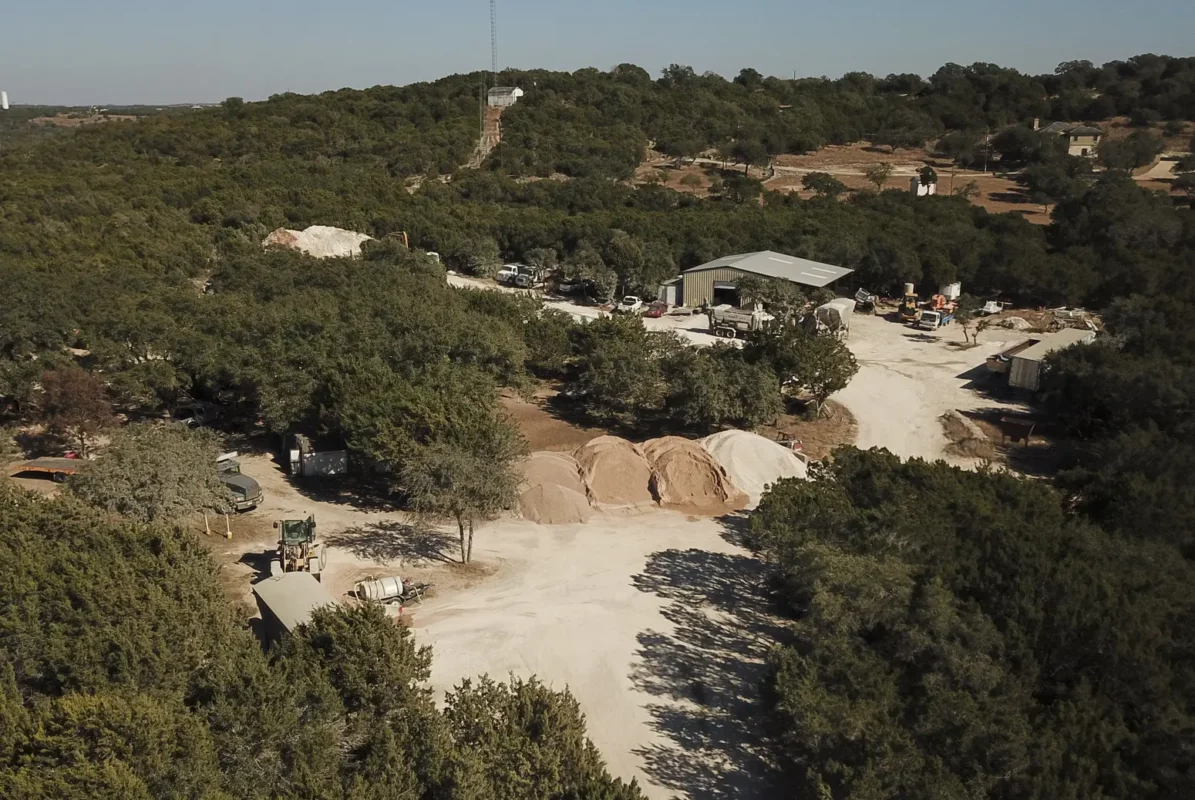The Texas Commission on Environmental Quality is the subject of an investigation by the Environmental Protection Agency following complaints that the state agency violated civil rights laws in its permitting of concrete batch plants.
The Harris County Attorney and Lone Star Legal Aid, a nonprofit law group, alleged that the state environmental agency discriminated against racial and ethnic minorities and those with limited English proficiency through a revised permitting process to build new concrete batch plants.
Their complaints, filed with the EPA earlier this year, said TCEQ failed to provide information in Spanish and insufficiently protected communities of color who live in areas where concrete facilities are predominantly located.
The concrete plants are subject to permits that aim to limit pollution in the form of particulate matter and crystalline silica — which have been linked to respiratory diseases and cancer — but independent testing of concrete facilities by the complaint’s authors indicate that pollution levels exceed health-based limits.
Last year, TCEQ approved an amendment that included exemptions for emission limitations for concrete batch plants, in response to an application to construct a plant by a Fort Worth concrete company. Area residents had fought the company’s application, which was rejected on the grounds that it didn’t adequately study the impacts of pollutants. TCEQ later passed the amendment and approved the company’s application after what it called a “clerical error.”
The EPA’s civil rights compliance arm announced the investigation last Wednesday. The investigation will focus on whether the adoption of the amendment — and the permitting process — is discriminatory, and whether the state agency failed to seek meaningful public comment.
Harris County Attorney Christian D. Menefee told The Texas Tribune that the state has consistently made efforts, passed laws and reduced funding to weaken TCEQ, the state’s main environmental regulatory agency. Menefee said the agency had a responsibility to seek public comment during the permitting process for batch plants from impacted residents.
“You can’t go into a community that has 80% Spanish speakers and folks who are limited in English proficiency and only submit stuff in English,” Menefee said. “We’re looking for a good-faith execution of the TCEQ’s duties and if they’re not willing to do that, then we’re looking for the EPA to make them do that or to cut their federal funding.”
TCEQ declined to comment on the investigation.
